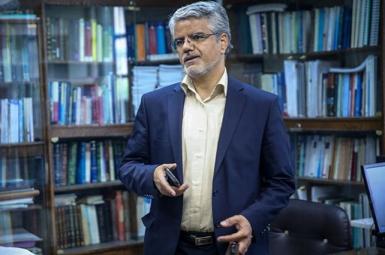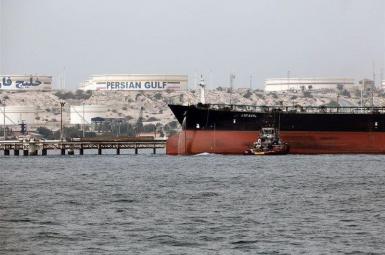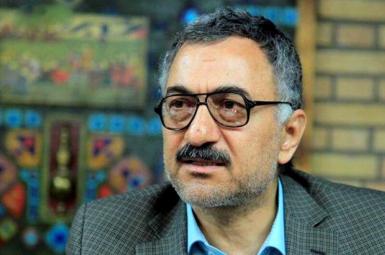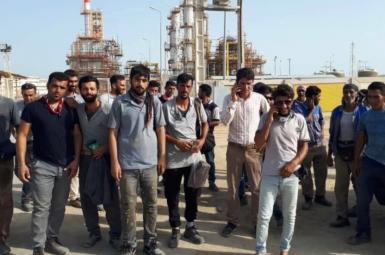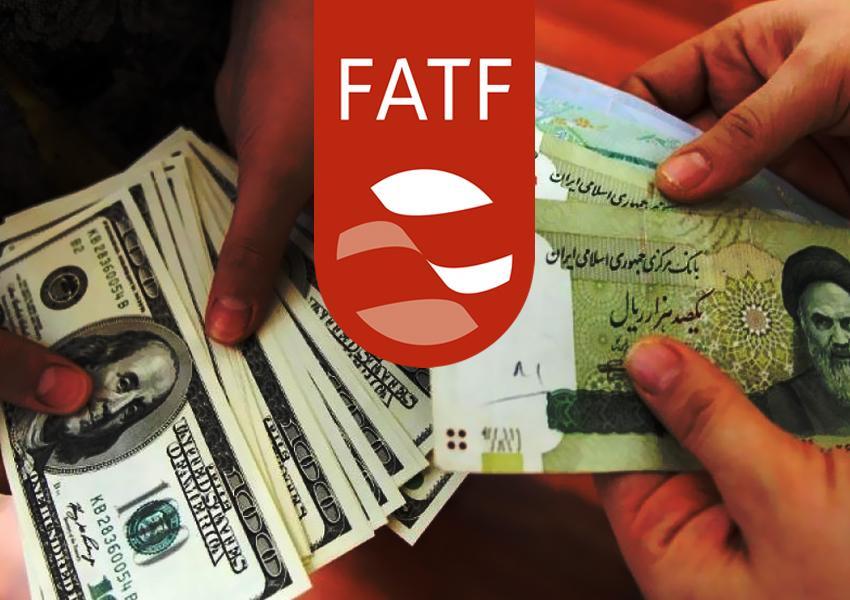
Iran Hardliners Want To Tie Pending Financial Reform Bills To Nuclear Talks
Several Iranian conservative political figures have made statements about financial reform bills, awaiting final approval for nearly two years, in an apparent bid to set new preconditions for returning to compliance with the 2015 nuclear deal with the world powers.
President Hassan Rouhani’s government presented four bills to parliament in 2017 that would have secured banking and financial transparency in a bid to take Iran out of a watchlist by the Financial Actions Task Force, an inter-governmental watchdog. Two of the bills passed the legislature and were approved by constitutional watchdogs, but two others have been awaiting final approval. Now hardliners want to tie the approval of the bills to lifting of US sanctions.
The Expediency Council, which was scheduled to hold a meeting on Wednesday to decide about the two remaining bills, failed to meet "until further notice" citing a recommendation by the Coronavirus Control Task Force.
More than 40 hardliner Iranian lawmakers signed a letter on Tuesday calling on the government, the parliament and the Expediency Council to condition Iran's joining the Financial Action Task Force (FATF) conventions against money laundering and funding terrorism on the lifting of all US sanctions on Iran.
The approval of the bills will allow restrictions on Iran's international financial transactions will be lifted as far as the FATF is concerned.
The approval of the remaining bills will convince the watchdog that Iran undertakes not to engage in money laundering and will not fund groups designated as terrorist by international organizations.
Some lawmakers and Expediency Council members have previously said that approving the bills will make it impossible for Iran to assist its proxy groups in the Middle East including the Lebanese Hezbollah.
Expediency Council member Ahmad Tavakoli said on Tuesday, April 6 that "Joning the convention will not lead to a reduction of pressures on Iran, and not joining it will not add to these pressures." He said most of the economic problems in Iran are caused by domestic political matters and sanctions impact Iran only when domestic problems continue.
He quoted Foreign Minister Zarif as having said that there is no guaranty joining the FATF and accepting its recommendations will lead to an improvement in the current situation. Tavakoli added: "Accepting the FATF recommendations will undermine Iran's power in the region and reduce its negotiating power," he said.
Despite Tavakoli’s claims, Iran’s international banking relations will depend on FATF delisting the country from its watch list. Foreign banks will have serious reservations over engaging in transactions with Iranian counterparts.
Ayatollah Mohsen Mojtahed Shabestari, another Expediency Council member opposed the idea of accepting the FATF's recommendations against money laundering and financing terror "because Iran cannot set conditions for the FATF." Previously, some Iranian lawmakers suggested that Iran should set a condition for the FATF and exclude organizations such as Hezbollah from the body's definition of terror groups.
Shabestari said not accepting Iran's preconditions, is harmful to Iran's dignity and its negotiating power with foreigners. In other words, the cleric suggested that Iran should use the terror groups as its pawn and bargaining chip in its foreign relations. He also stated that joining the conventions requires Iran to exchange information with foreigners and this will undermine Iran's security.
Another Expediency Council member, Morteza Nabavi, said that he still has not made a decision about the bills. He also said that the Iranian government should not join the FATF conventions as long as the United States secondary sanctions affecting countries that trade with Iran are in place.

